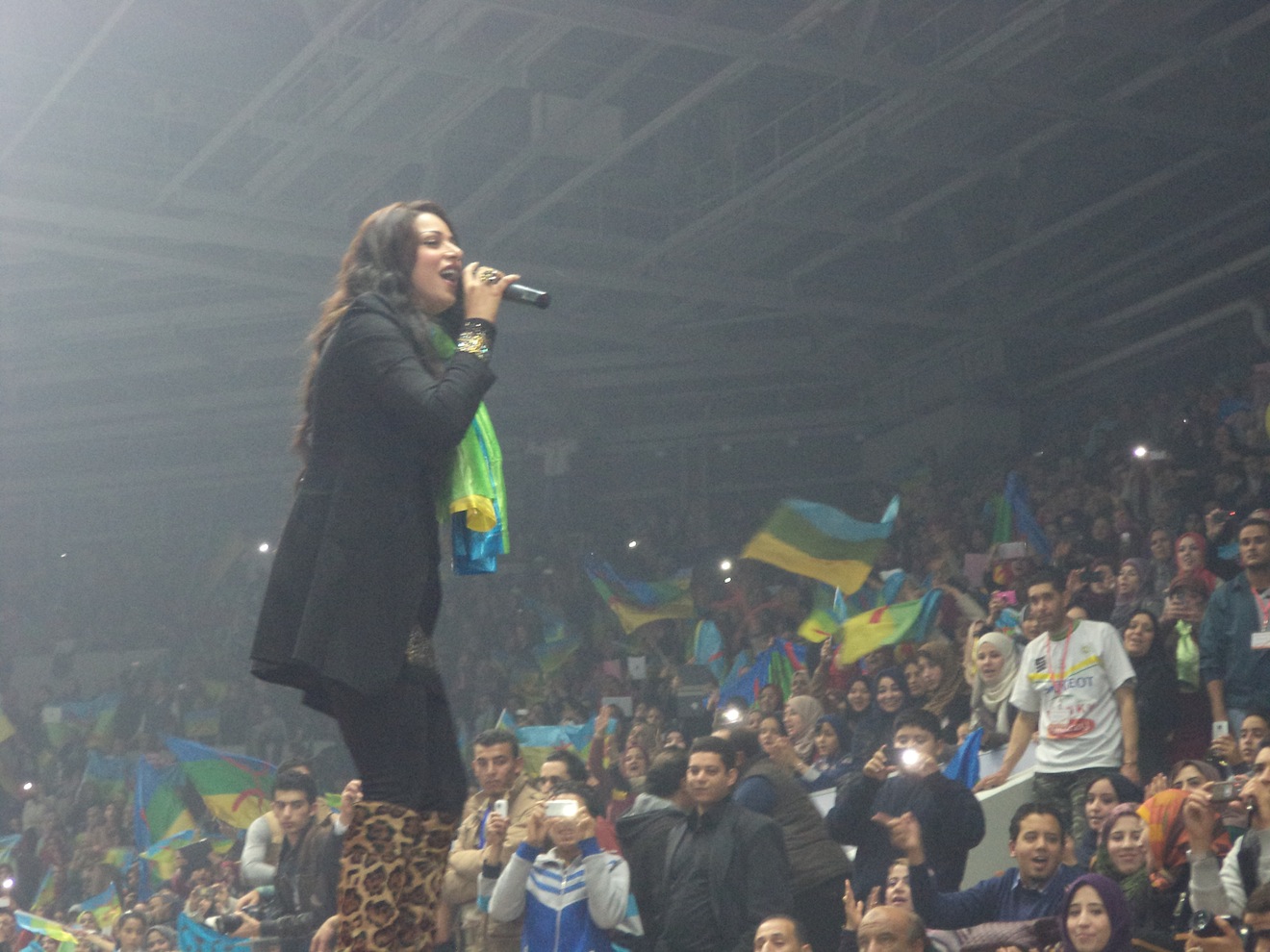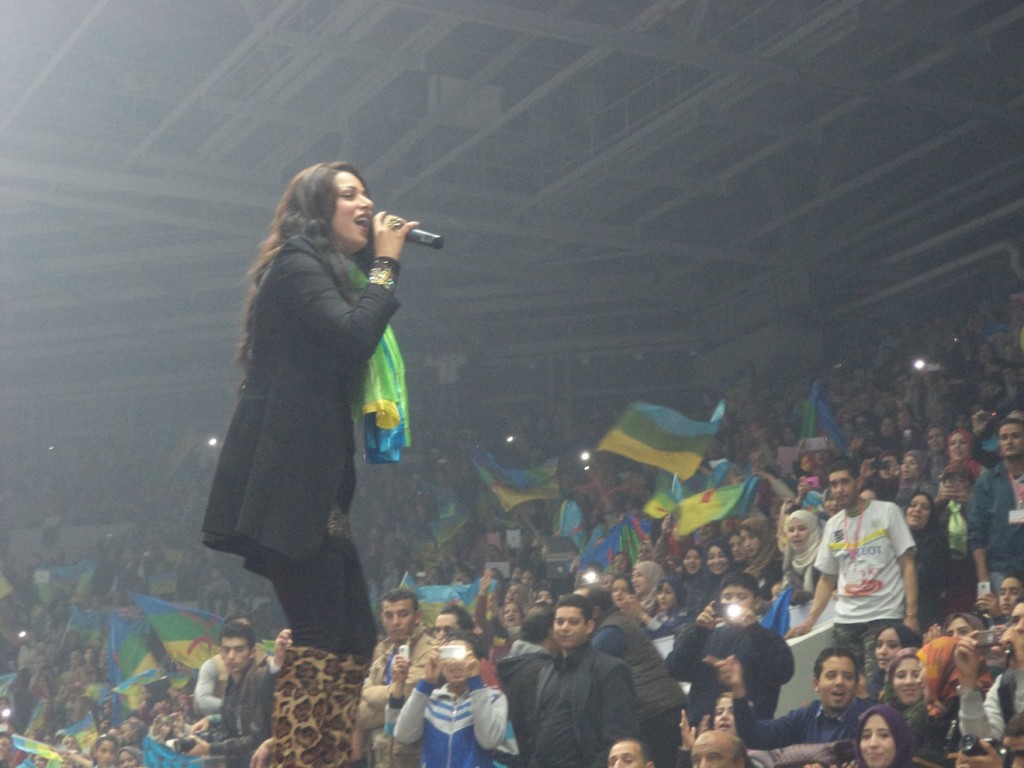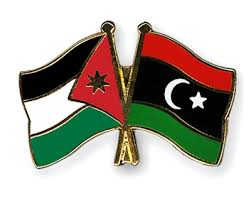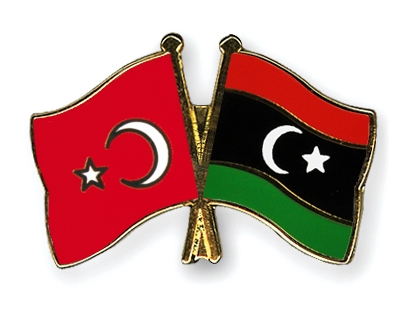By Ayman Alkekly.
A huge . . .[restrict]jubilant crowd poured into the main football stadium in Tripoli last night, Saturday, for the first celebration in more than 40 years of the Amazigh New Year, which started today. It is the year 2963 in the Amazigh calendar.
From around 5pm, several thousand people from all Amazigh and non-Amazigh towns and places across the country descended on the stadium in Tripoli’s Sport’s City for a concert that it was — so far — one of its kind.
The crowd filled the entire stadium and seats were eagerly sought by them families that had come along for the event. There were far more people than had been expected. “It means everything to us ” said Salam Al-Arussi, a teacher and Amazigh rights activist.
“It has always been a dream and I never thought I would live to witness such day, I am so overwhelmed with happiness — and frustration that I didn’t do what youngsters did and overthrow the tyrant” said Ahmed Abodaya, a 47-year-old engineer attending the event.
The show started with the national anthem. Libyan Arab and Amazigh stood side to side singing and repeating it.
Then came speeches. Libya’s first post-revolution prime minister Mahmoud Jabril appeared on stage saying he supported including the Amazigh language as a national language alongside Arabic in the constitution. It was a right he said. He was followed by congratulations and encouragement from Mohammed Allagi, the former National Transitional Council’s Justice Minister and currently president of Libya’s National Council for Civil Liberties and Human Rights.
Amazigh singer Dania Ben Sassi started the music. Her family are from Zuara but during the Qaddafi dictatorship fled to Serbia where she was brought up. She had flown from there to be part of this special night. She sang the song composed during the uprising, Tegrawleen which means “revolutionaries” in Tamzight, the Amazigh language. It has become famous and is sung by non-Amazigh speakers too which makes it fabulous.
The crowd joined in, Amazign and Arab together, singing the beautifully composed Amazigh music, as they did with other songs from other performers during the five-hour concert.
There was Tuarag music too (the Tuareg speak a dialect of Tamzight) and folk dancing. The enthusiasm of the crowd was almost infectious.
There has been nothing like it in Tripoli ever seen before. [/restrict]












